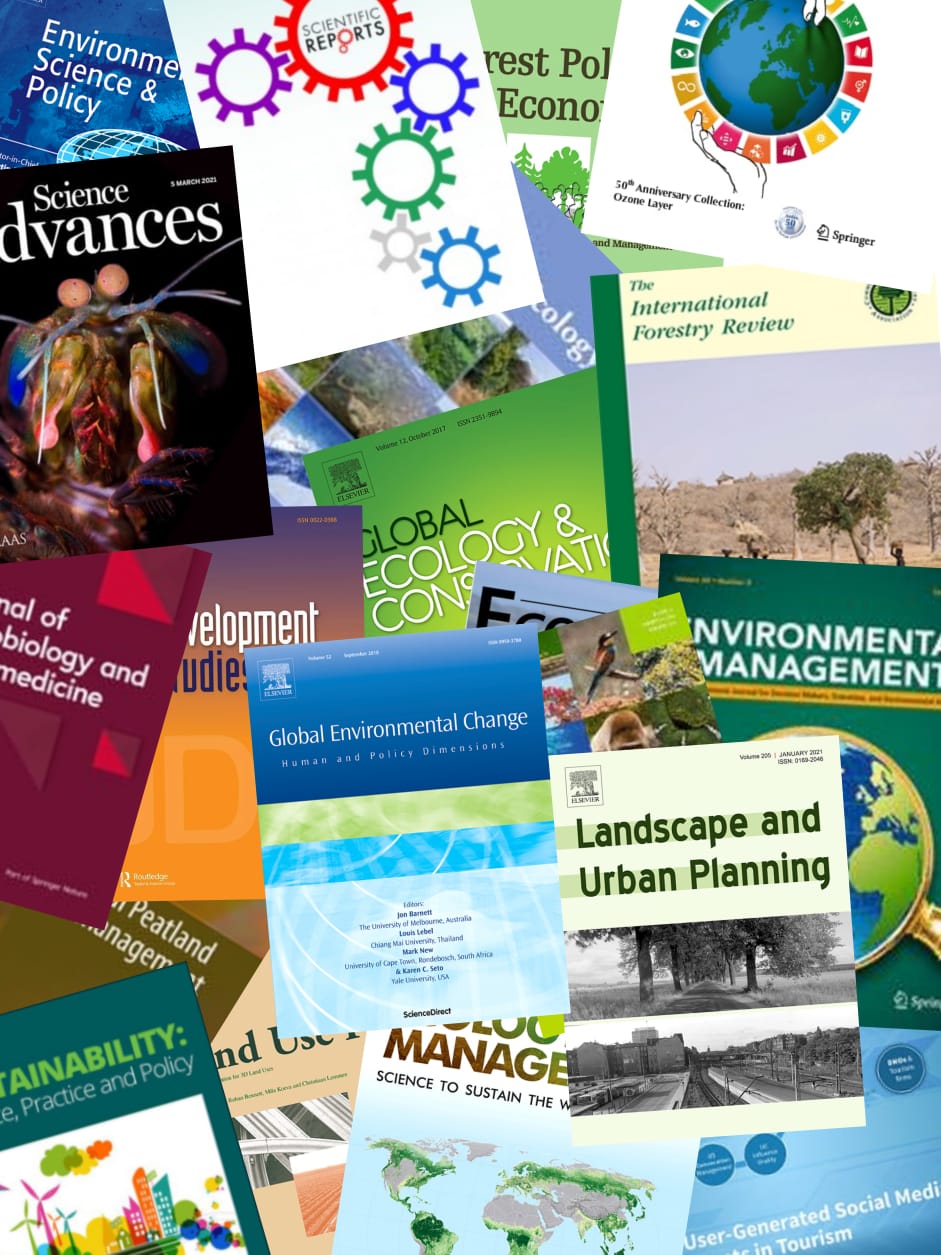Lack of action on cross-border environmental problems in developing countries is often ascribed to gaps in local capacity and resources, failure of regional cooperation and lack of financial support from rich countries. Using the case of the Southeast Asian Haze pollution from forest and peat fires in Indonesia, we explore the challenges posed by environmental problems whose causes are closely linked to local development and livelihood strategies, and whose impacts are local, regional (haze) as well as global (carbon emissions). We assess whether there are real opportunities to implement effectively the recent Association of Southeast Asian Nations (ASEAN) Agreement on Transboundary Haze Pollution. To address the deep determinants behind haze pollution, we propose signatories to the Agreement refocus their efforts to controlling peat fires rather than to strive for a zero-burning regime. We also recommend a new approach to financing sustainable development based on rules and incentives, with a regional pool of funds, contributed by rich countries through the Global Environment Facility and countries in Southeast Asia. © 2007 Springer Science+Business Media B.V.
View source

